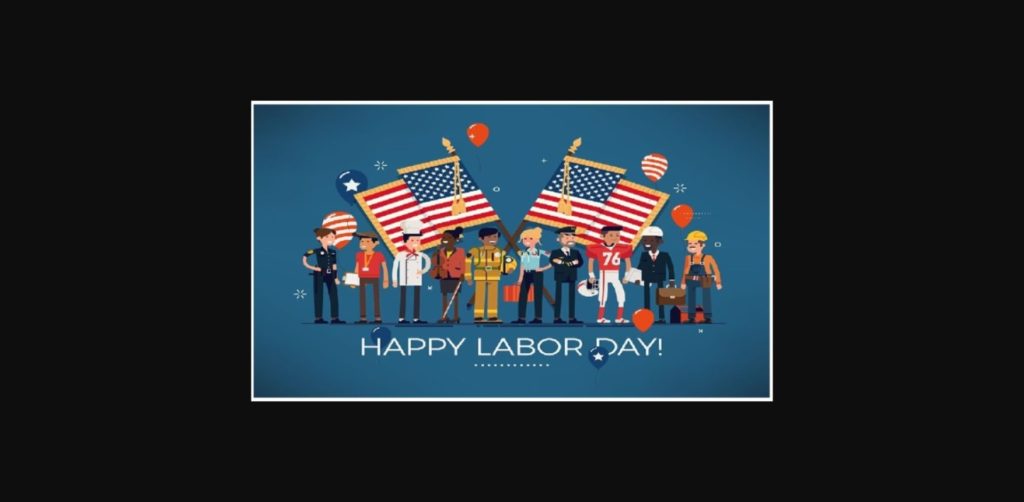Below is a review of the posts (on Facebook, LinkedIn, and Twitter) from the past week. You can check out the full posts by clicking on the links.

In the post on Sunday 9/5/21 we did a fact check: workers fired for refusing a vaccine are unlikely to qualify for unemployment. If you read the post, you will see that someone posted on Facebook that employees should not quit when refusing a mandatory COVID vaccine or they will be ineligible for UC benefits. Unfortunately, as with much that is available on the internet (and socmedia sites), that statement is legally false. Generally (and in PA) those who refuse a mandatory COVID vaccine are treated as noted in the post for UC purposes. If, however, the employee has a valid (medical or religious) reason to refuse the vaccine, then that may make a difference in UC eligibility as noted in the post.
TAKEAWAY: Employers and employees should consult an employment lawyer as to the ins and outs of a mandatory vaccination policy (and the effect of a refusal to comply on UC eligibility).

The post on Monday 9/6/21 was about Labor Day – remember its origin, honor its memory and keep employees safe. This hits both emotionally and legally.
TAKEAWAY: As we labor in different ways – some at the workplace and others remotely – we appreciate and honor those whose actions brought us to the point where we have these options (and more).

The post on Tuesday 9/7/21 was a safety brief: don’t hide a WWII-era Panther tank in your basement. A man had an “arsenal of World War II-era weapons” in his basement, including a real Panther tank, ammo, and lots more as listed in the post. The house where the items were located had previously been searched for stolen art, but these items must not have been noticed (or at least nothing was done at the time). It took 20 people almost 9 hours to remove the tank. And yes the tank had been used after the War – for a good but unusual purpose; see the post. When charged with a statutory violation, what did the man and his lawyer argue? See the post (and be slightly surprised). And why do we highlight this for our readers (besides the entertainment and plain interest factors)? Because a similar thing happened in a Texas HOA in 2017 – see the post.
TAKEAWAY: Know what you can or cannot do within your condo or homeowners’ association – get legal assistance if needed.

The post on Wednesday 9/8/21 was about Mr. Busy and Peter Rabbit – welcome to the community (condo or homeowners) association. Pets. Family members to some, nuisances to others. Either way, they are a part of life in a community association and often subject to various rules and certainly some laws. But problems also arise with animals who are not pets; see the post for a few examples and what the associations went through in an attempt to resolve the issues caused by the animals. Hint: the subject animals are probably not ones you would guess. The communities eventually came together to resolve their issues and the Boards remained intact.
TAKEAWAY: While Boards can make decisions on behalf of the association members, they should listen to and accept assistance from those they represent in advancing everyone’s interests.

In the post on Thursday 9/9/21 we learned that a defunct HOA leaves complex with collapsing sidewalks. The subject association was in MD but might just as easily be herein PA. So, what happened? The townhouse community had well-manicured lawns and pristine sidewalks when built out. But that changed at some point. The sidewalks in some places cannot be used for walking – see the post (and embedded VID). That’s because the retaining wall supporting the sidewalk is failing (and the sidewalk collapsing). This didn’t happen overnight, but rather over a period of at least 10 years. In its early years, the HOA was managed by a resident who was an accountant. After he moved, a professional management company was hired. But then the Board apparently had an ‘epiphany” – see the post for what it did (or in this case, did not do). One must question why owners did nothing for so long but kept paying their assessments – and what happened to the monies that were paid in. Given the status of the common property, what happens now? See the post.
TAKEAWAY: Owners serve as a check on both boards and management agents – all should work together in the best interests of the association. Contact a community association lawyer for assistance.

The post on Friday 9/10/21 was about burned-out workers and time off – do employment laws allow flexibility? The pandemic has been difficult for workers in many ways, often leading to increased stress and burnout and (believe it or not) less flexibility. How so? The COVID-19 lockdown and work-from-home status forced many to forego vacations and shoulder more responsibility or increased workloads. And with things having opened up some (setting aside the surges and resulting restrictions), the environment has not necessarily changed. Some employers are coming up with innovative ways to help employees – see the post. But those ideas must also be legally compliant and detailed, including to whom they apply, how those employees will be paid, and the other things noted in the post. Still other ways to help employees is by increasing flexibility, such as floating holidays, extra PTO, and more as noted in the post..
TAKEAWAY: Some ways to provide increased flexibility or reduce employee burnout have a monetary cost while others do not – but all make happy employees, and happy employees are more productive employees, so it is a win-win for the company and employees

Finally, in the post yesterday 9/11/21, we looked at possible health plan premium surcharges for those not vaccinated for COVID-19. The surcharges might be framed as rewards or penalties, but still part of wellness program incentives to encourage vaccination. This is reminiscent of what happens for tobacco users (see the post). But any such wellness plan must be legally compliant and answer questions such as the amount of the surcharge, how does the surcharge interact with other wellness incentives offered by the employer, and more as listed in the post. There is also the EEOC Guidance relative to the incentives that may be offered for vaccination, especially in light of the ADA, ACA, HIPAA and GINA (see the post for a short background and summary). The upshot is that only a de-minimis incentives may be offered and there are things that wellness programs cannot do, all as discussed in the post. Of course, there are exceptions by type of plan and what is the incentive – see the post. Finally, employers need to know how to handle information and comply with GINA and applicable tax laws/regulations. See the post for a start on that too.
TAKEAWAY: As mandatory vaccinations become more common, more employers are also moving to stronger incentives for COVID-19 vaccination; those employers really should consult an employment lawyer to ensure that they are compliant with the variety of applicable laws.

 York, Pennsylvania 17403
York, Pennsylvania 17403